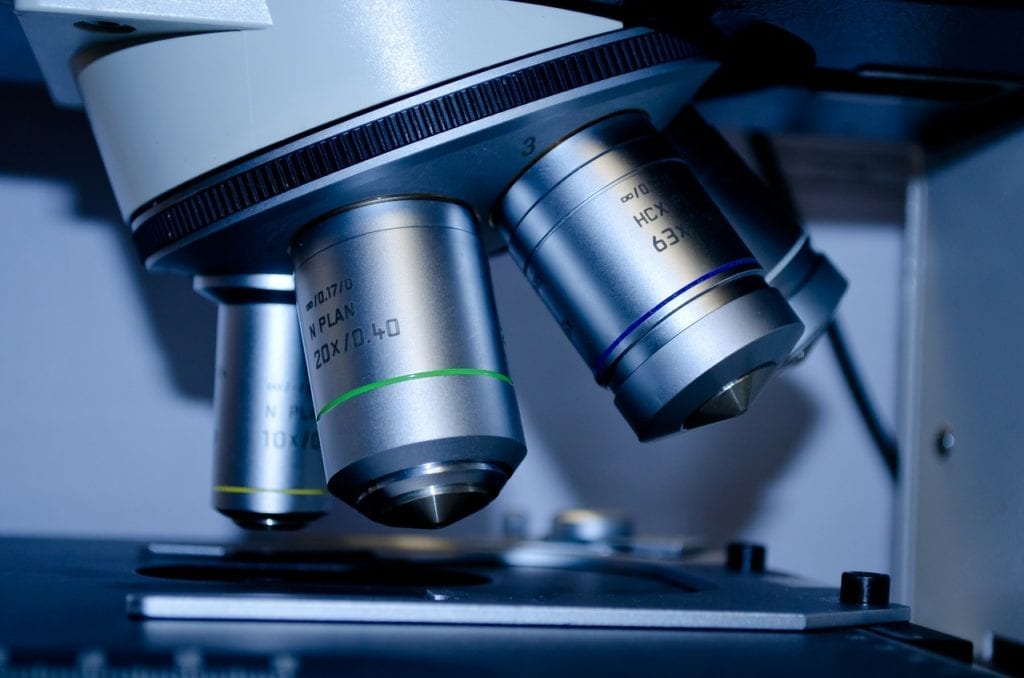An experimental gene therapy program (called AXO-AAV-OPMD) being developed for the treatment of oculopharyngeal muscular dystrophy has been licensed with exclusive global rights to Axovant Sciences from Benitec Biopharma. There are now plans to begin a study of the AXO-AAC-OPMD gene therapy program in 2019. The source article can be read here, at Globe Newswire.
About Oculopharyngeal Muscular Dystrophy (OPMD)
OPMD is a genetic condition that tends to appear after the age of forty and is characterised by muscle weakness. The term ‘oculopharyngeal’ derives from ‘oculo’, which means eyes, and ‘pharyngeal’, which refers to a part of the throat. The name, therefore, comes from some of the typical early symptoms of the condition, which include weak muscles in the eyes that cause ‘droopy’ eyelids and can impair vision, and weak throat muscles, which can cause swallowing difficulties. Other areas of the body can also be affected by muscle weakness, including the shoulders, hips, and upper legs. Approximately one in 100,000 people are affected by OPMD, although it is more common in certain groups.
About AXO-AAV-OPMD
The AXO-AAV-OPMD experimental gene therapy is designed to be given once. It has been developed to silence the altered PABPN1 gene linked to OPMD, and also insert a new, functional copy of the same gene. It uses ‘Silence and Replace’ technology to do this.
So far, both the US FDA and the European Commission have awarded Orphan Drug Designation this experimental treatment for OPMD.
Research into AXO-AAV-OPMD
According to the original article, research using mouse models of OPMD found that the experimental gene therapy (AXO-AAV-OPMD Program) increased functional PABPN1 to up to 63% of normal levels, and led to an up to 86% inhibition of the expression of PABPN1.
The next stage is a clinical study of AXO-AAV-OPMD that is planned to take place in 2019. This trial will compare the effects of the gene therapy to that of a placebo in patients with OPMD.






